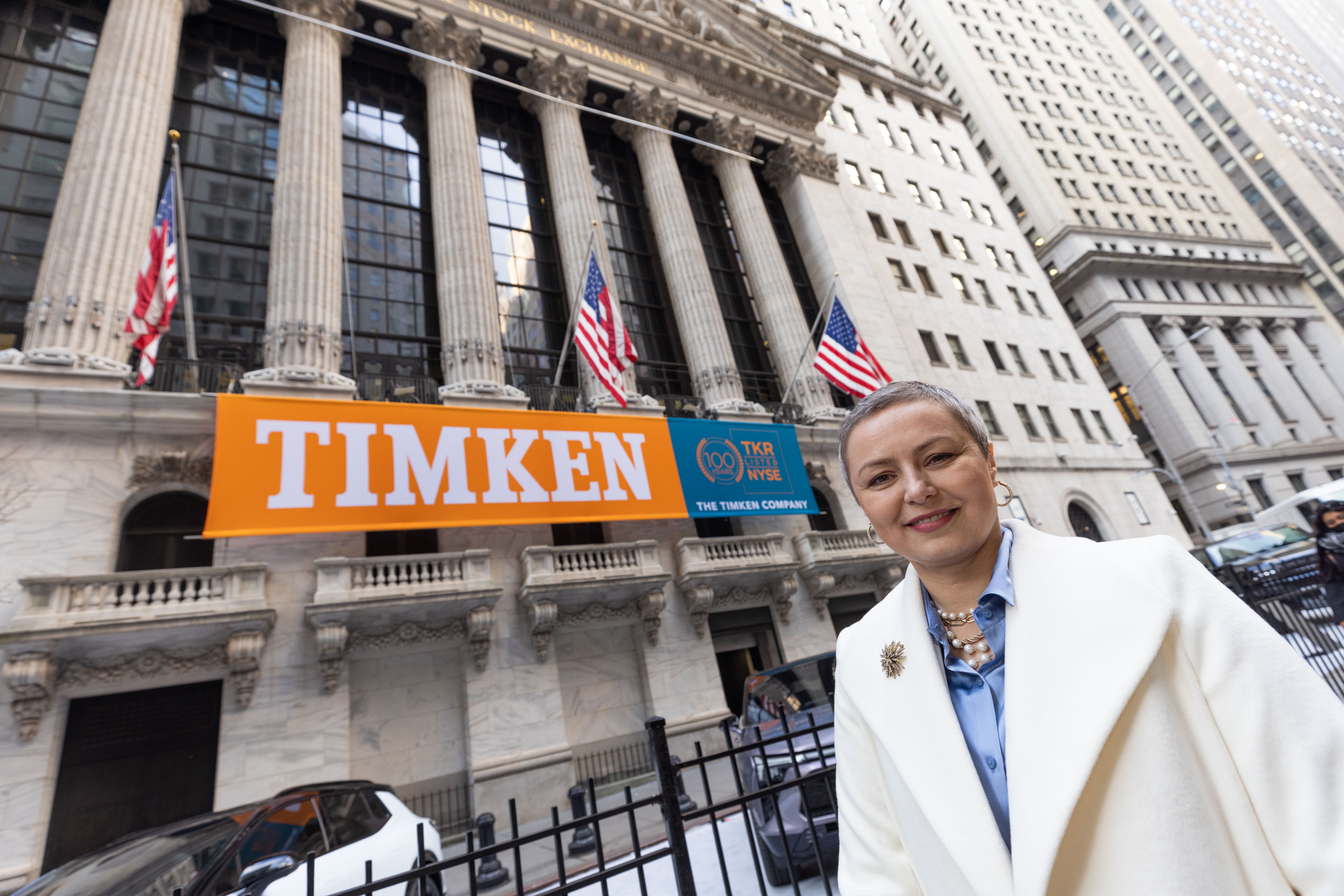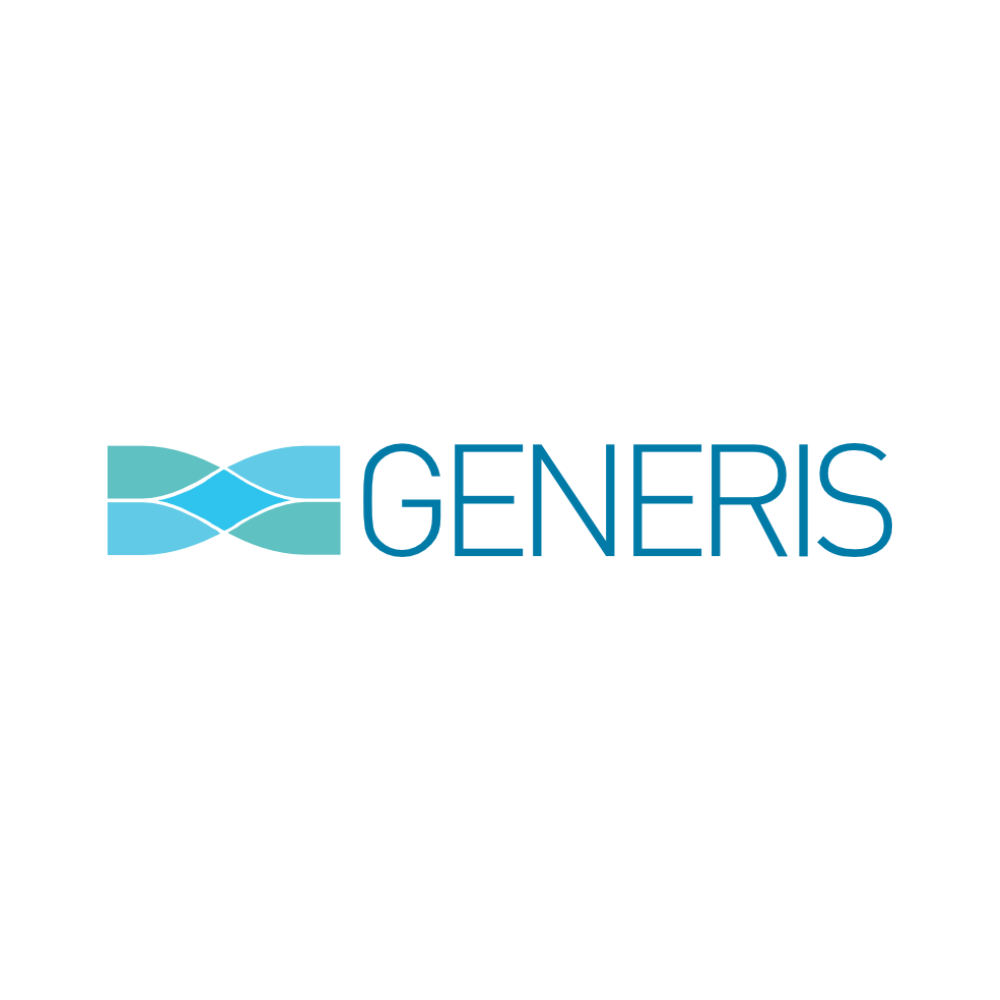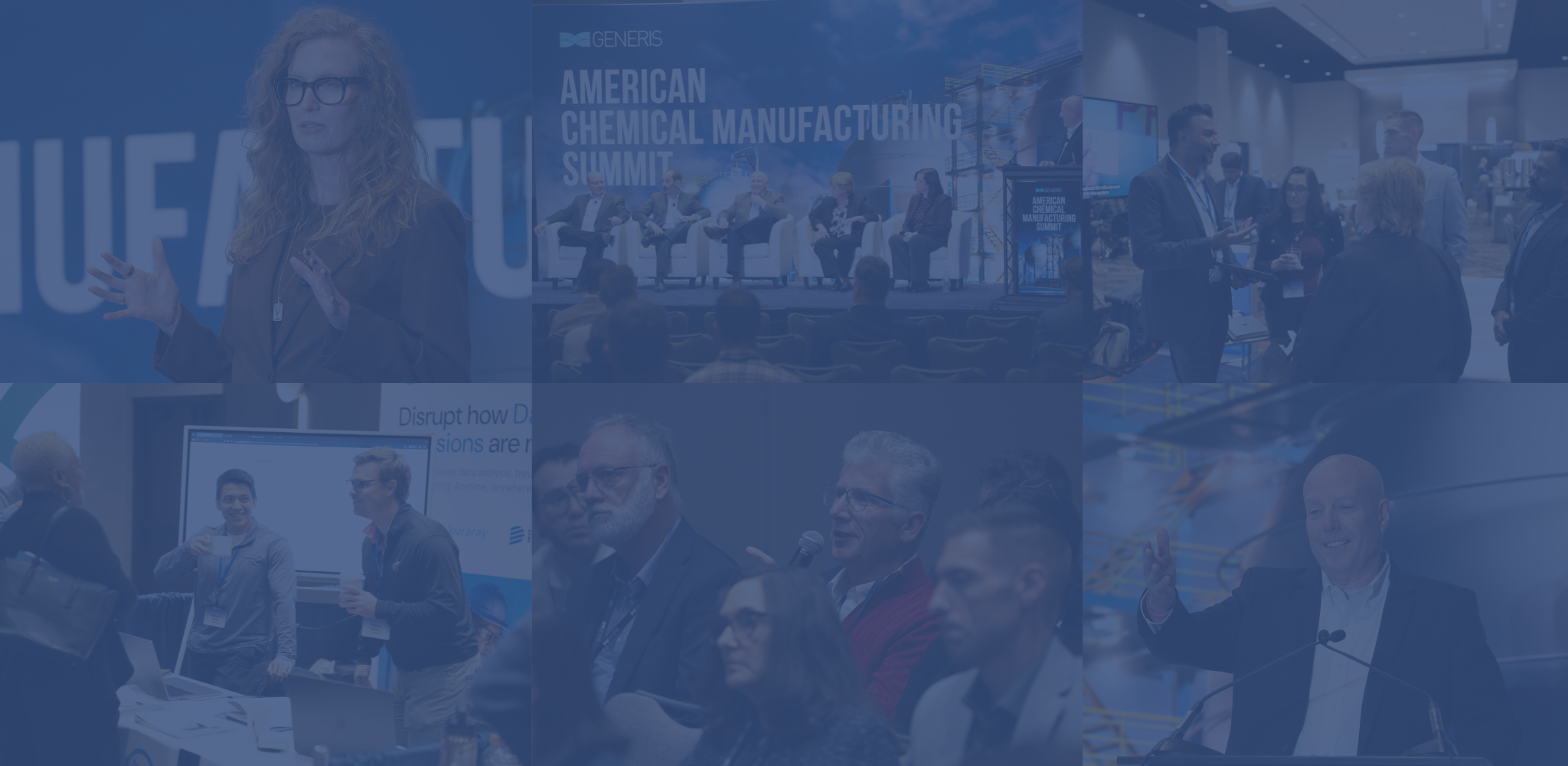Natasha Pollock serves as the Vice President of Human Resources and an officer of The Timken Company. Appointed to her current role in 2022, Pollock leads a global HR team dedicated to fostering a culture of innovation and impact.
With a strong emphasis on continuous learning, workplace diversity and employee engagement, she has played a pivotal role in driving the company's expansion across diverse regions through a comprehensive global HR strategy, talent cultivation and cultural enrichment initiatives.
As we eagerly anticipate Natasha's participation in the DEI panel at our 10th Annual American Manufacturing Summit, we've interviewed her to illuminate Pollock’s inspiring journey and glean insights into the nuanced dimensions of diversity and inclusion within the manufacturing industry.
Without further ado, we are thrilled to present our conversation:
Introduction
I often find myself sparking conversations with a simple question: "Have you ever heard of Moldova?"
More often than not, the answer is a puzzled shake of the head. That's when I say, “Well, that's where I'm from."
It's a country that once was part of the Soviet Union but now stands independently as Moldova, nestled between Ukraine and Romania.
My life and career have been a journey across diverse global landscapes, a privilege I cherish deeply. Our Timken workforce embodies a richness of diversity that transcends conventional definitions, with employees representing over 70 nationalities and speaking over 50 languages worldwide.
With 20,000 employees globally, we thrive on the challenges and opportunities presented by our global diversity. We firmly believe that it's diversity that propels us forward, both as individuals and as a company, fostering growth and innovation.
In HR, our mission is clear: empowering individuals to discover and pursue their passions while leveraging their diverse experiences for personal and organizational growth. It's about nurturing the best in everyone and ensuring their well-being and development remain at the forefront.

What inspired you to pursue a career in Human Resources? Why have you chosen the manufacturing space?
My journey into HR wasn't a deliberate choice; rather, it unfolded organically. Starting in customer service for a telecommunications giant, I quickly ascended to management, navigating the realms of training, recruiting and talent development. The transition to HR felt seamless, a natural progression that resonated deeply with my passion for growth, for both individuals and companies.
Manufacturing, an industry I hadn't initially considered, found its way to me through HR consulting. Working with a diversified portfolio of clients, including Timken, unveiled a world where people craft tangible goods that shape our daily lives. From airplanes to cars, groceries to high-speed trains, Timken's bearings silently power the world's machinery, underscoring the profound impact of manufacturing on our existence.
What drew me to Timken wasn't just its products but its unwavering commitment to ethics, integrity and people. These values aren't mere rhetoric but tangible principles embedded in every facet of our work culture. Manufacturing may have chosen me, but at Timken, I found a calling—a realization that our collective efforts in manufacturing propel the world forward in ways both seen and unseen.
How do you see the role of HR evolving in manufacturing?
The evolution of HR from its administrative roots to a strategic business partner reflects a profound shift in organizational dynamics. At Timken, our HR team embodies this transformation and organizational advancement, actively aligning our efforts with the company's strategic vision. We prioritize the development of tools and initiatives that empower our employees, recognizing that their growth is intrinsic to our collective success.
Our approach isn't merely about implementing HR practices for the sake of HR trends; it's about crafting strategies that resonate with our workforce's diverse talents and aspirations as well as our business strategies. We understand that leadership development is paramount, and we invest in coaching, mentoring and experiential learning to foster a culture of continuous improvement.
Moreover, our commitment extends to supporting every individual within our organization, regardless of their role, level, business unit or geography. We strive to create an environment where everyone feels valued, engaged, and empowered to contribute meaningfully. As problem solvers, we embrace challenges as opportunities for growth, knowing that effective solutions stem from a culture of empowerment and continuous learning.
Ultimately, HR's role goes beyond traditional functions; it's about being a strategic partner for every member of our organization, guiding them on their journey of personal and professional development. Together, we navigate the complexities of the modern workplace, forging a path toward collective growth and success.

What are the current talent acquisition and retention challenges prevailing for manufacturing companies? How can we address those challenges?
In navigating the challenges of modern manufacturing, I find comfort in the shared experiences of my peers across the industry. The decline in interest among newer generations presents a formidable hurdle, rooted in misconceptions and misinterpretations about the nature of manufacturing careers. Our task is to illuminate the dynamic and innovative landscape of modern manufacturing, showcasing its integration of cutting-edge technologies like robotics and AI.
Recruiting poses a dual challenge: a shrinking applicant pool and the need to rebrand manufacturing as a vibrant, high-tech sector. To overcome these obstacles, we forge alliances with industry organizations and leverage specialized recruiting agencies, positioning ourselves as ambassadors for the manufacturing industry at large.
Addressing the urban-centric preferences of potential candidates requires strategic branding efforts, highlighting the unique opportunities available in non-urban areas. Moreover, our approach to talent development has evolved, recognizing the individuality of each employee and tailoring training and mentoring initiatives accordingly.
As we adapt to the evolving landscape of manufacturing, one thing remains clear: collaboration and innovation are essential in attracting and nurturing the talent that drives our industry forward. Through collective action and customized approaches, we pave the way for a brighter future in manufacturing, one tailored to the unique aspirations of every individual.
How do you foster a culture of continuous learning and development among your workforce?
At the heart of our problem-solving ethos lies a commitment to listening. We understand that the most effective solutions stem from a deep understanding of our employees' needs and aspirations. Through engagement surveys and direct dialogue, we glean insights into shifting trends and development preferences, guiding our strategies with precision.
In our pursuit of continuous improvement, we recognize the invaluable expertise of our frontline workers. By building diverse teams and fostering an environment of open communication, we harness collective wisdom to drive meaningful change. Every input is valued, for effective problem-solving hinges on embracing diverse perspectives.
And again, we are committed to the development of all our employees. Our development plans are aligned with our business goals and succession plans and encompass a range of learning opportunities, including coaching, mentoring, learning on the job and formal training via Timken University. We are also revitalizing our competencies and skills framework so that we can proactively prepare our workforce for advancement and the jobs of the future embracing innovation and new technologies with confidence and passion.

How has technology, such as automation and artificial intelligence, impacted HR practices and employee management within Timken?
Like many manufacturing companies, we are still only tapping into AI technologies. Our manufacturing facilities are at different maturity levels. We are seeing and embracing the integration of automation and AI into our workflows, as we know these will revolutionize our approaches to doing work with tangible benefits that enhance efficiency and productivity. Take, for instance, the simplification of administrative tasks like crafting job descriptions. With AI, what once required hours of deliberation can now be achieved in mere minutes. This not only streamlines processes but also allows us to allocate our creative energy toward refining standardized baselines and tailoring solutions to specific needs.
Moreover, AI has transformed recruiting practices, enabling swift access to information and enhancing candidate interactions through platforms like our AI assistant “Olivia.” AI has permeated enterprise systems like our SAP-based SuccessFactors platform, facilitating tasks such as data retrieval and report generation. Beyond HR, the cobots and manufacturing automation solutions are an evolution we are intentionally driving across our global organization.
The technological evolution empowers us to work smarter, redirecting our focus toward value-added tasks and fostering a culture of innovation across the organization. As we continue to leverage AI and automation, we remain poised to navigate future challenges with agility and a learning mindset.
How are you working to make Timken a more diverse, equitable and inclusive workplace?
Our company's journey to 125 years of success underscores the vital role of embracing diverse perspectives and backgrounds. This intentional focus on diversity has propelled our business forward, fostering innovation and resilience.
Encouraging diverse viewpoints is not without its challenges, but we recognize the transformative power of constructive dialogue. By channeling differences effectively, we unlock better solutions and outcomes and drive continuous improvement. Programs and initiatives centered on diversity and equity ensure that opportunities are accessible to all, enriching our teams with a wealth of perspectives.
Using development tools like Aperian and forging partnerships with organizations like The Manufacturing Institute, BetterUp coaching and Harvard, we equip our workforce with the resources needed to thrive in a global and diverse landscape. Our commitment to listening, adapting and supporting individual growth underscores our dedication to fostering an inclusive culture where every voice is valued.
As we continue our journey, we remain steadfast in our belief that diversity isn't just a goal; it's the foundation for our employees’, and therefore, our company’s success.
As we conclude our discussion with Natasha Pollock, we hope you've found it both enjoyable and insightful!
If you're keen to explore further into the realm of manufacturing and glean more wisdom from Natasha and other trailblazers in the field, we extend a warm invitation to attend the forthcoming 10th Annual American Manufacturing Summit!
%20(1).png?width=773&height=112&name=Generis%20Logo%20full%20Colour%20(Large)%20(1).png)

.png)
-2.png)
